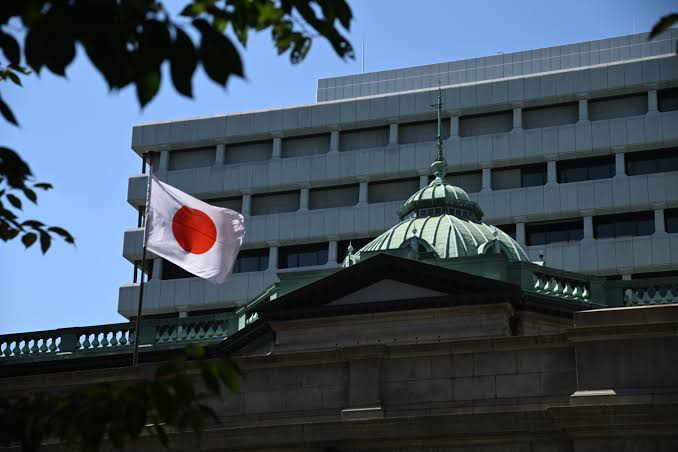UBS has given a strong warning to investors who are thinking about getting into the Japanese stock market, comparing it to “catching a falling knife.” Kelvin Tay, Regional Chief Investment Officer at UBS, says that the current sell-off in Japanese stocks is likely to continue, so buyers should be careful. According to Tay, the Japanese market’s past good performance was mostly due to the weakening of the Japanese yen, not to strong economic growth or corporate restructuring.
The falling value of the yen has been a big reason why the Japanese stock market has made a lot of money over the past two years. Tay pointed out that the falling value of the yen has been a key part of the market’s rise because it has made Japanese exports more competitive, which has helped companies that depend on exports make more money. But this currency-driven rally doesn’t show that Japan’s economy is getting better in a fundamental way. This means that the current market strength might not last.
Tay said that the Japanese yen was the main reason for the market gains, even though he admitted that some of those gains were due to the Tokyo Stock Exchange’s efforts to help companies restructure. Restructuring corporations has led to some good changes, such as better management and more efficient work in Japanese businesses. But these attempts aren’t enough to keep the market going up when there are bigger problems in the economy and changes in the value of the dollar.

UBS warns investors about the risks of entering the Japanese stock market amid a significant sell-off.
There are a number of reasons for the continued drop in Japanese stocks. First, there is still a lot of uncertainty in the global economy. Investors are worried about inflation, interest rates, and political unrest. Because of these things, investors are moving their money away from riskier markets like Japan and toward safer investments. The possibility of the yen falling even further adds to the uncertainty, since that would hurt the gains of foreign investors and make Japanese stocks less appealing.
Traders who may be tempted by the recent gains in the Japanese market should take Tay’s word to heart. Using the phrase “catching a falling knife” to describe joining the market now could mean big losses because the trend may continue to go down. Before putting money into Japan, investors should carefully weigh the risks and look at the country’s economy as a whole.
The way the market is moving right now means that buyers need to be very careful and strategic. Diversification is still one of the most important ways to manage financial risk. Spreading assets across different regions and industries can help lower the risk of losing money. If you’re interested in the Japanese market, you might want to wait until things are more stable and there are stronger signs that the economy will keep getting better before putting a lot of money into it.
The Japanese government and the Tokyo Stock Exchange are still working on changes that will make the market more appealing and competitive. Some of these attempts are promoting better corporate governance, making things more clear, and pushing for better use of capital. Even though these steps are good, it’s still too early to tell how they will affect the market’s long-term success.

Kelvin Tay from UBS highlights the dangers of investing in Japan now, citing the weak yen as a primary concern.
Finally, Kelvin Tay of UBS has strongly advised people not to enter the Japanese stock market at this time, noting the ongoing sell-off and the fact that recent gains have been mostly due to the weak yen. People who want to spend should be very careful and think about the risks carefully before deciding to do so. The comparison to “catching a falling knife” shows how easy it is to lose a lot of money when the market is unstable and unsure.